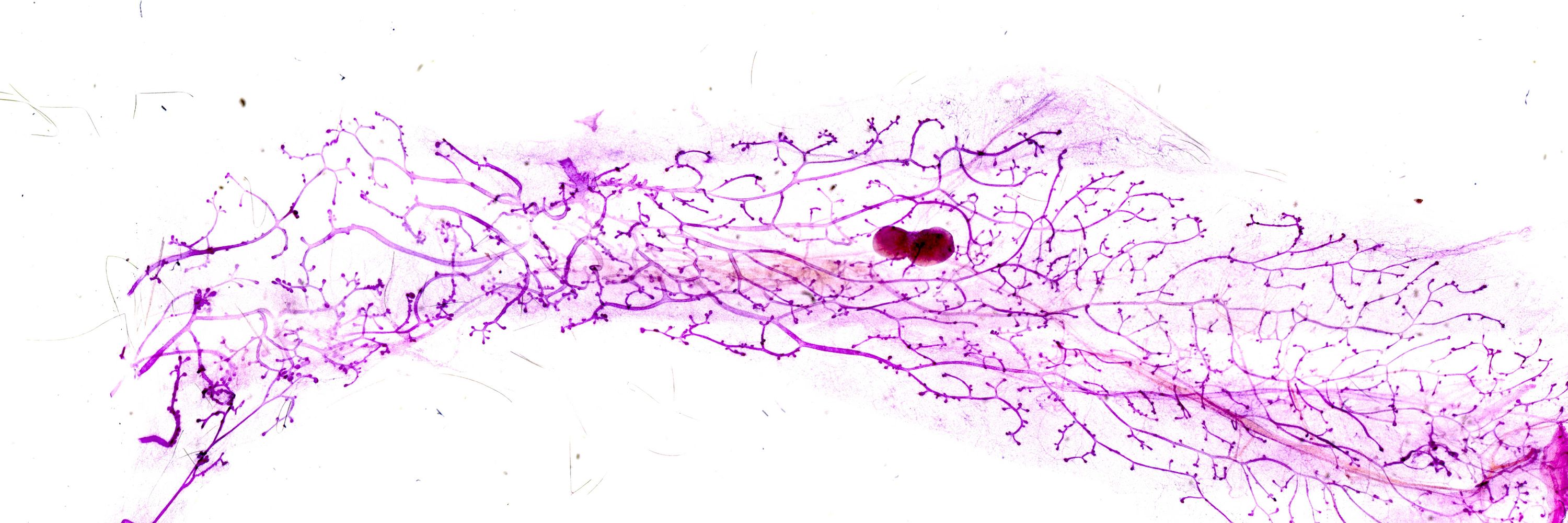
Exploring #Lactation, #ImprintedGenes, #MammaryGlandDevelopment, #Metabolism and #DOHaD
www.findaphd.com/phds/program...

www.findaphd.com/phds/program...
You’ll need:
• strong academic track record (min good 2:1 or equivalent)
• essential: hands-on molecular biology experience
You’ll need:
• strong academic track record (min good 2:1 or equivalent)
• essential: hands-on molecular biology experience
Excited to see what the community will do with it!
Excited to see what the community will do with it!
💡 We identify new targets for lactation failure
💡 Early risk markers for postpartum breast cancer
💡 Insight into how maternal vs paternal genes control lactation
💡 We provide a comprehensive public atlas for the community
💡 We identify new targets for lactation failure
💡 Early risk markers for postpartum breast cancer
💡 Insight into how maternal vs paternal genes control lactation
💡 We provide a comprehensive public atlas for the community
Breastfeeding is vital for both mother & infant, but the genetic & epigenetic regulation of lactation remains poorly understood. Imprinted genes, which exert parent-of-origin-specific effects, drive prenatal growth. We asked if they also shape early nutrition by regulating lactation.
Breastfeeding is vital for both mother & infant, but the genetic & epigenetic regulation of lactation remains poorly understood. Imprinted genes, which exert parent-of-origin-specific effects, drive prenatal growth. We asked if they also shape early nutrition by regulating lactation.
🔗 Reserve your place here: www.eventbrite.de/e/cambridge-...
@aj-twigger.bsky.social @koulman.bsky.social @cam-repro.bsky.social

🔗 Reserve your place here: www.eventbrite.de/e/cambridge-...
@aj-twigger.bsky.social @koulman.bsky.social @cam-repro.bsky.social
Alongside thought-provoking talks, there will be plenty of opportunities for discussion, networking and sharing ideas over drinks and light bites.
Alongside thought-provoking talks, there will be plenty of opportunities for discussion, networking and sharing ideas over drinks and light bites.

